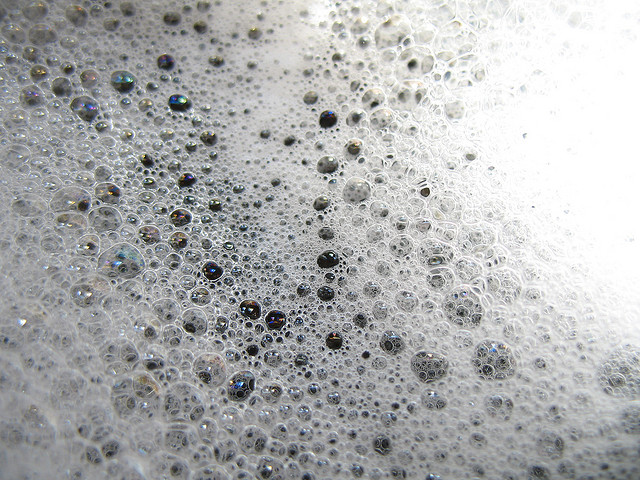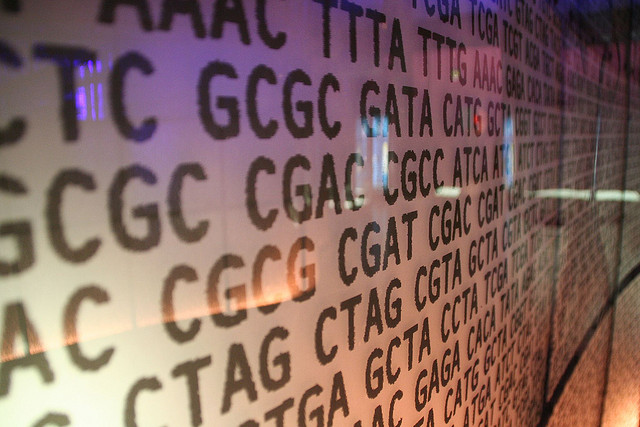
Why do some people think cilantro tastes like soap? Credit: Alexi Kostibas / Flickr Creative Commons
Guest:
- Jennifer Ouellette, science writer and author of Me, Myself, and Why: Searching for the Science of Self
I love food. All types, all textures, all flavors.
But for a friend of mine, those delicious enchiladas verdes from Casa Romero? Completely inedible.
Is this just a matter of taste?
Not at all, says science writer Jennifer Ouellette, author of "Me, Myself, and Why: Searching for the Science of Self".
It might be obvious that height, eye color, and hair color are handed down from our genetic predecessors. But non-obvious things like taste receptors, or even a tendency for depression — can also be determined by our genes.
My friend can’t enjoy cilantro, any more than she can change her eye color.
“It’s just amazing that we can be so much alike at a very fundamental level and yet at the macro scale, there’s just such an incredible diversity of human beings,” says Ouellette.

From the "Who Am I" collection in London's Science Museum. Credit: Nathan Nelson / Flickr Creative Commons
The question of what makes people unique drove Ouellette to genetic testing, which can now be done with the help of the internet, for less than the cost of a night on the town.
Ouellette's quick to point out, though, that it's dangerous to depend too much on tests like the ones offered by 23 and Me (where she got her tests done).
“You really have to avoid looking at these kinds of tests as some kind of oracle,” Ouellette adds.
Last December, the FDA issued a directive to halt its health-related genetic testing. So far, the DNA testing hasn't returned according to reports from The Huffington Post and The Verge.
Still, she sees these kinds of tests growing in popularity in the near future. “Within ten years, everybody will be doing this, so we’d better decide what our policies are.”

